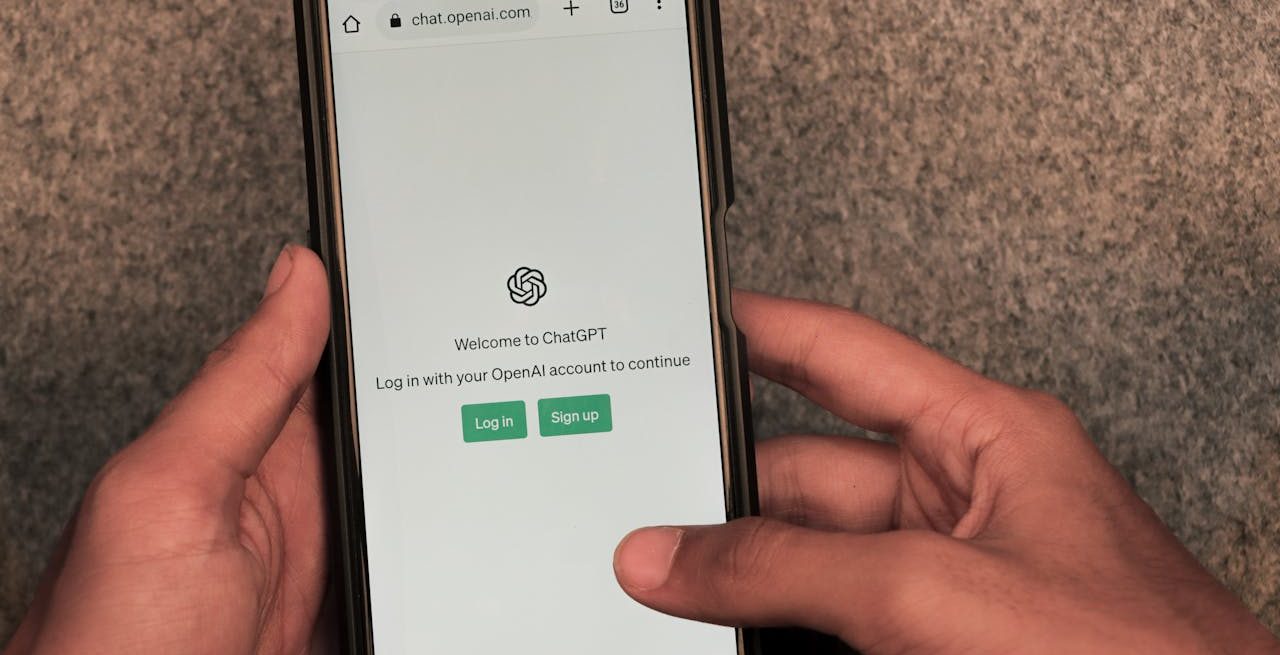Boosting Restaurant Visibility within AI Search Engines
2 Min Read By Colleen Clark
AI is reshaping how customers discover and decide where to dine, so restaurateurs can no longer avoid its significant impact on customer attraction. With 60 percent of consumers utilizing platforms like Google for restaurant discovery and major AI search engines increasingly integrating large language models (LLMs) – it’s critical for restaurants to rethink their digital presence. To stay competitive, businesses must understand these technologies and adapt their marketing strategies to fit new AI-driven discovery trends.
Role of AI Search in the Restaurant Customer Lifecycle
AI search engines go beyond traditional search because they prioritize relatable and conversational queries. By aggregating information from a variety of sources, such as Yelp, Google Business Profiles, reservation apps like Resy, and social media, these search engines provide a comprehensive view of restaurant options, reviews, menu offerings, and more.
Many consumers are already experiencing AI-driven restaurant discovery through Google's evolving search results, which leverage AI to deliver personalized, summarized information. By analyzing factors like user preferences, past dining behavior, location, and time, Google moves beyond keyword matching to suggest highly relevant restaurants and tailored recommendations.
Outside of typical search engines, consumers are increasingly open to AI recommendations within existing platforms like food delivery apps. From customized menu suggestions to curated restaurant delivery options, AI gives consumers a more tailored and convenient dining experience. For restaurants, these insights offer a fresh perspective and new opportunities to connect with customers in meaningful, data-informed ways.
As AI search becomes more advanced and integrated into everyday tools, more people — often without even realizing it — will rely on AI to find new restaurants.
Restaurants Benefit from Optimization and Visibility Tools
As AI influences customers’ ability to find restaurants and food services, traditional SEO tactics are becoming less effective. To build new marketing strategies for AI-powered search engines, restaurants should utilize optimization solutions and visibility tools, which enable businesses to tailor their brand for AI search.
Many AI search optimization platforms use proprietary scoring models to evaluate search performance based on factors such as relevance, accuracy, sentiment, and brand visibility. By monitoring daily searches and responses from models such as ChatGPT, Gemini, or Perplexity, businesses gain the actionable insights needed to boost visibility, strengthen SEO and AI search prominence, build brand awareness, and gain a competitive edge.
This kind of visibility into AI search results gives brands a concrete way to evaluate their digital presence. For instance, if a customer asks ChatGPT for the “best vegetarian pizza in Atlanta,” and the model lists several local options, a nearby pizzeria could analyze how often their site appears and determine whether traffic is being directed to a competitor instead. With these insights, the pizzeria could then update its business listing or website and run targeted local ads to improve discoverability and ultimately increase pizza orders.
By educating owners, leveraging optimization tools, and aligning strategically, restaurateurs can build a future-ready business.
The Future of Restaurant Visibility
AI is changing the way people find and interact with restaurants, from the first search to post-visit engagement. This development gives restaurants a chance to stand out in new ways. By optimizing for AI-powered search engines, businesses can significantly boost their brand visibility and ensure they appear prominently in the search results and recommendations that consumers trust. This shift to smarter marketing and more tailored experiences benefits both diners and the restaurants they choose.


